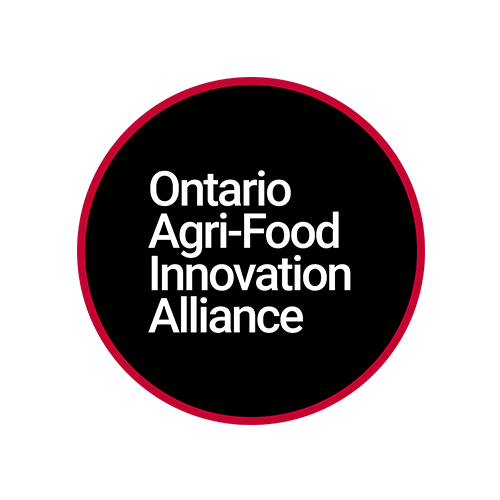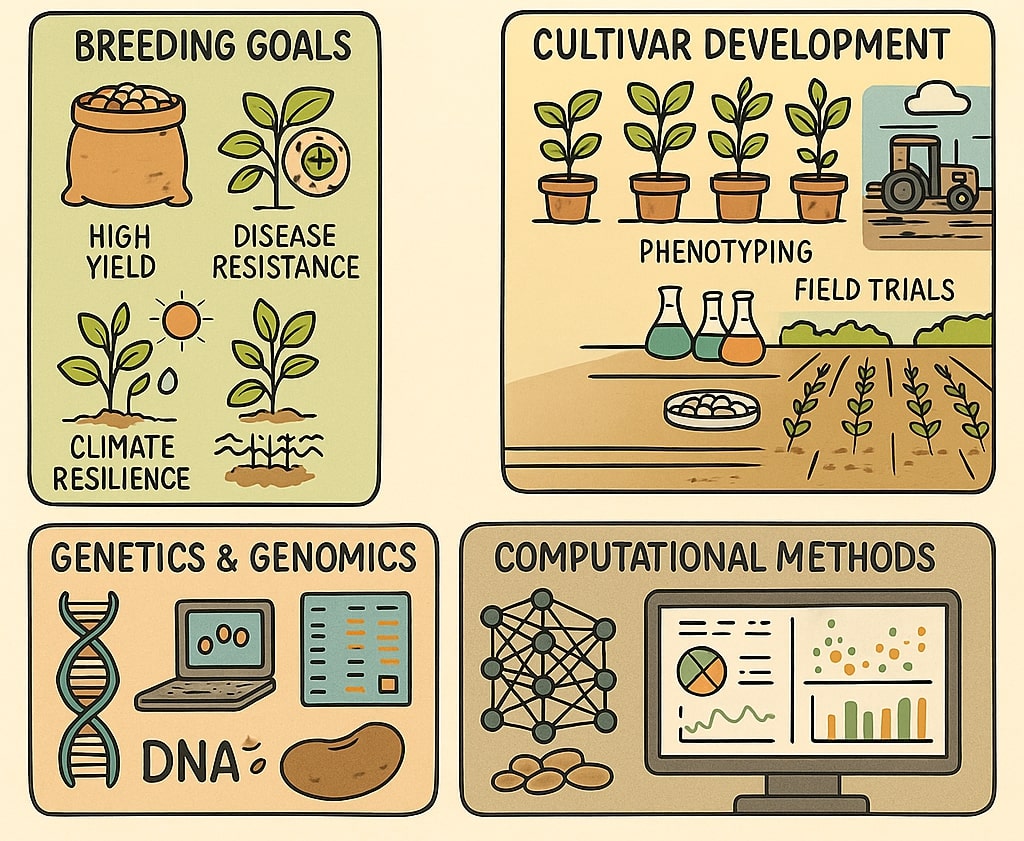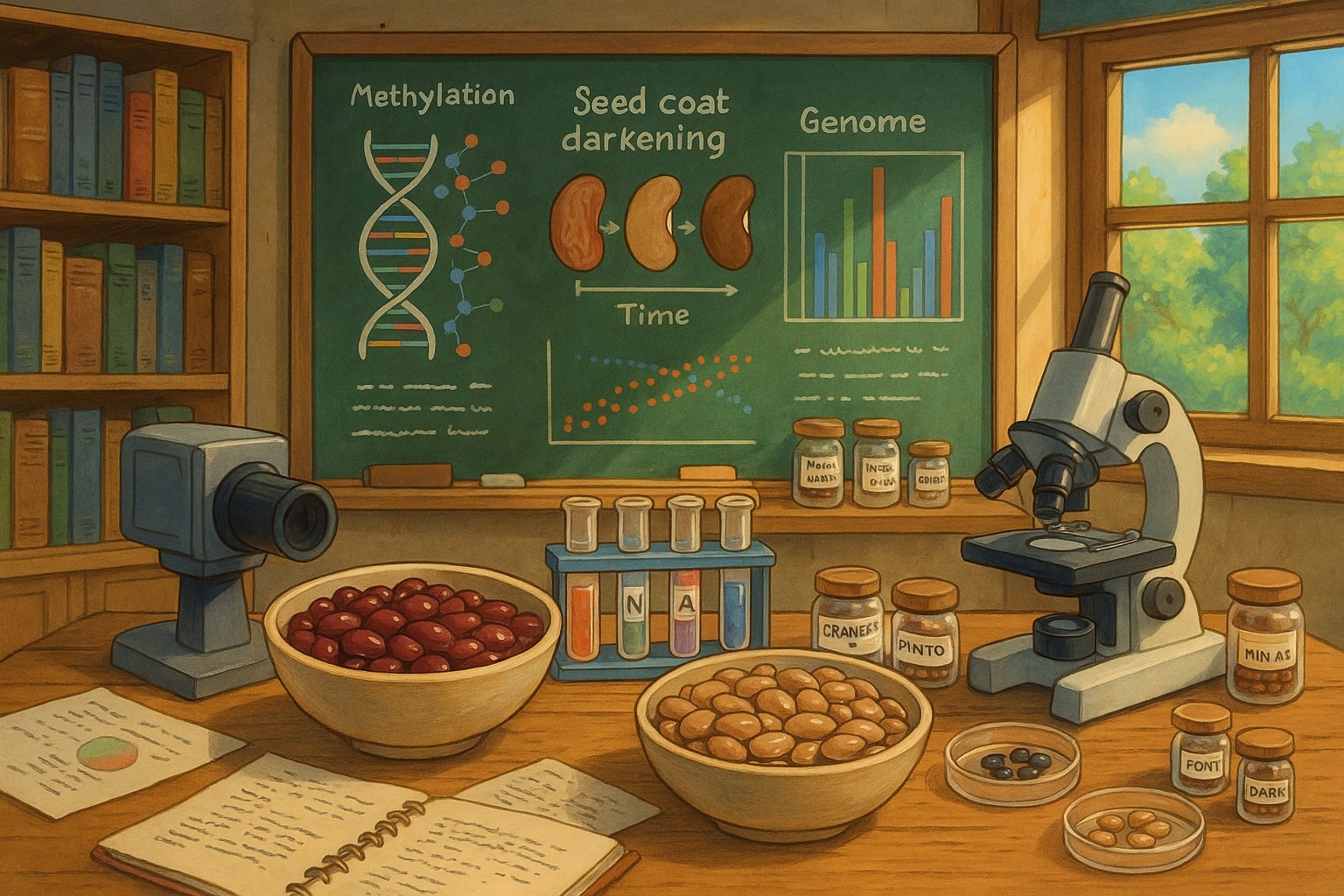Research Interests
“Our research primarily focuses on developing dry bean cultivars that offer significant benefits to farmers and growers. We leverage advanced high-throughput technologies to enhance breeding efficiency and employ computational biology approaches to analyze and interpret results more effectively. By integrating these methodologies, we aim to create resilient and high-yielding dry bean varieties that meet the evolving needs of the agricultural community across various regions.”
For more information about the past and present of the dry bean breeding at the University of Guelph, please click Here.
Areas of Interest
Dry Bean Breeding & Genetics
Developing breeding strategies to genetically improve important traits of interest (yield, biotic and abiotic stresses, cooking quality, etc.) in different market classes of dry beans.
Comparative Analysis of Breeding Approaches
Investigating the differences between conventional and modern dry bean breeding techniques, particularly through omics and multi-omics insights to enhance breeding outcomes.
Remote Sensing & Imaging
Utilizing remote, satellite, and aerial imaging technologies to improve the prediction accuracy of complex traits in dry beans, thereby facilitating more informed breeding decisions.
Omics-Based Selection
Implementing genomics, phenomics, metabolomics, and enviromics prediction methods to optimize the selection process for dry beans, while exploring the interplay between various omics fields.
Genetic Studies Across Omics Fields
Conducting research that links genome-phenome, proteome-phenome, envirome-phenome, and other omics relationships to deepen our understanding of dry bean genetics.
Computational Tools Development
Creating and implementing advanced computational tools, including data packages, statistical methods, and data-driven pipelines, designed for processing and analyzing complex crop breeding datasets.
Current Projects
Our ongoing projects bring these research areas to life, addressing critical challenges with innovative solutions:
Multi-Omics Approaches to Map Seed Coat Colour Stability in Dry Beans
Seed coat darkening is a critical quality concern for cranberry and pinto beans, significantly impacting market value, consumer acceptance, and storage life. While non-darkening and slow-darkening varieties exist, the complex genetic and epigenetic mechanisms driving gradual darkening are still not fully understood. This project will employ an integrated multi-omics approach, including genome sequencing, genome-wide association mapping, methylome (DNA methylation) profiling, and hyperspectral reflectance phenotyping, to uncover both the genetic loci and epigenetic modifications regulating seed coat color stability and darkening over time. The research will directly enhance breeding programs by identifying precise genetic and epigenetic markers for seed coat stability, paving the way to develop bean varieties with improved resistance to darkening and superior quality.
Boosting Anthracnose Resistance in Dry Beans
Anthracnose, a significant fungal disease caused by Colletotrichum lindemuthianum, has recently impacted dry bean yield and performance across Ontario, jeopardizing the profits of growers and the dry bean industry. The current anthracnose outbreak, raising concerns about the emergence of a new race or reduced efficacy against race 73. This proposal aims to develop advanced phenomics and genomics markers linked to anthracnose resistance, enabling efficient screening of dry bean populations to accurately and quickly select high-yielding, anthracnose-resistant genotypes. Key objectives include determining whether a new race has emerged or if race 73 persists, using high-throughput technologies such as drone imaging for rapid screening in early growth stages, and developing molecular markers to enhance anthracnose resilience in dry beans. This research will boost dry bean production, fortify Ontario’s agri-food sector, and maintain the province’s leadership in dry bean cultivation, ultimately enhancing productivity and profitability for growers and industries.
Boosting Breeding for High Yield & Canning Quality
The proposal addresses the critical issue of assessing canning-quality in dry beans, a crucial step for registering new varieties in Ontario. Traditionally, due to the absence of a canning research facility and analysing platforms within the province, samples had to be sent out of province, resulting in canning quality evaluations being conducted only at advanced stages on limited lines. This oversight often leads to the development of cultivars, which may have high yields but lack consistent quality. The project aims to establish a canning-quality assessment pipeline, enabling the annual evaluation of bean lines from the early breeding stages using artificial-intelligence (AI). By focusing on both yield and canning quality from the outset, this initiative aims to develop bean varieties that excel in both aspects. This initiative will significantly boost the Ontario-Agri-Food sector by optimizing dry bean breeding practices and reducing reliance on external facilities, ultimately better meeting market demands.
BeanGPT: AI Revolution in Bean Breeding
BeanGPT, the first fine-tuned Large Language Model for breeding, leverages vast literature and public datasets to accelerate variety development with AI-powered insights, redefining precision in dry bean research.
Would you like to know more?
Acknowledgements
Our Grateful Thanks to Our Sponsors
Our Bean Breeding & Computational Biology Program is made possible through the support of our sponsors, whose contributions drive innovation and progress in our work










